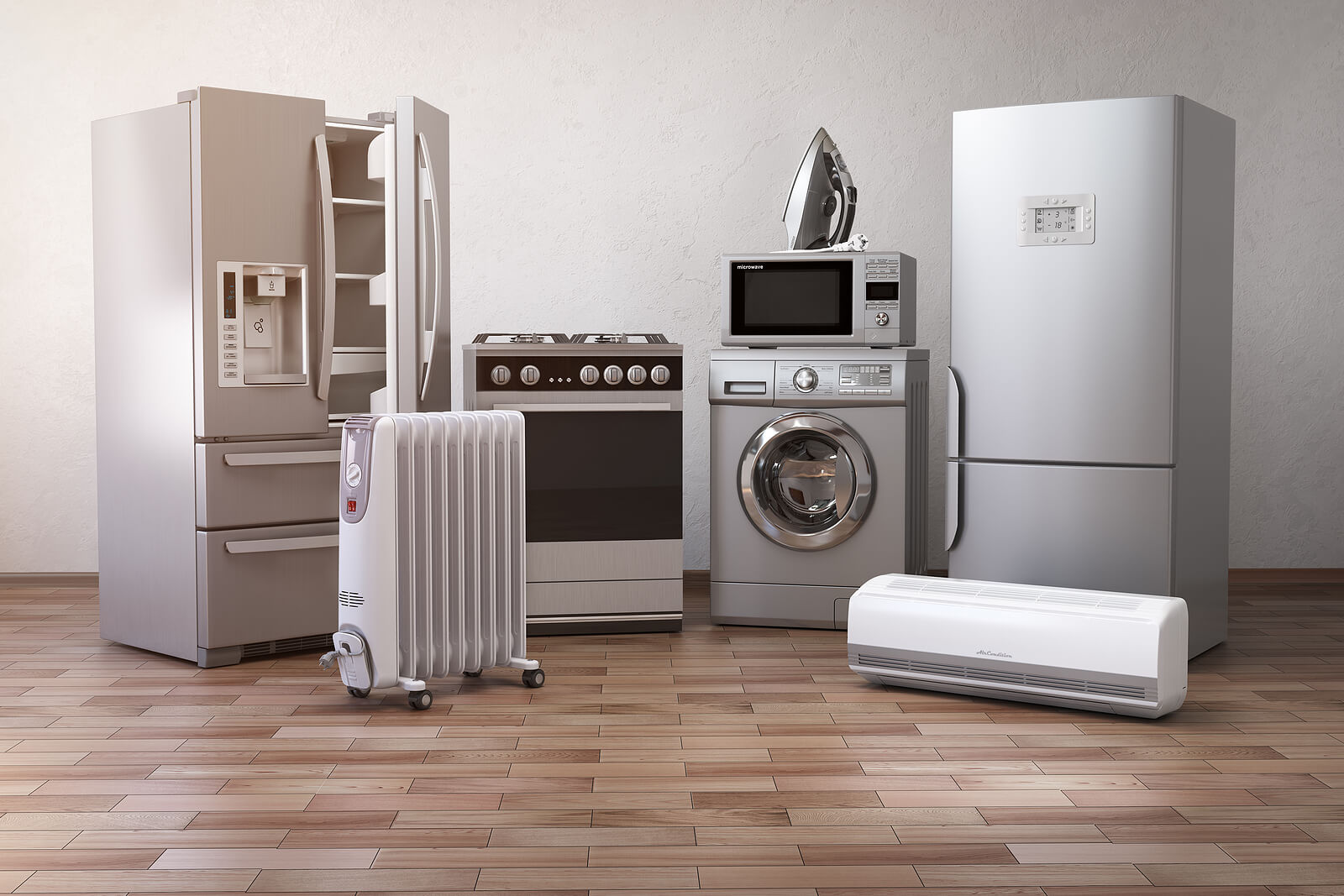Appliances that Have Been Dormant Need TLC

The COVID-19 pandemic has had a profound effect on individuals, families, and organizations across the country, and upon reopening, business owners and managers are faced with multiple challenges that include reestablishing supply chains, updating employee training and safety protocols, and ensuring that dormant appliances are in good working order. The appliance repair experts at Mr. Appliance® are here to help, with advice on what to look for, and tips to resolve any issues you may encounter along the way.
Dormant Appliance Checklist
Whether you own a restaurant, daycare, hotel, salon, or other business that utilizes residential appliances as part of your daily routine, a prolonged period of dormancy can take its toll. The best time to deal with any maintenance or repair issues is before you begin operations, to prevent further damage and avoid disruption to your business. Use the checklist below to troubleshoot these common appliances and perform much-needed maintenance, and be sure to call the team at Mr. Appliance for fast, reliable appliance repair services at the first sign of an issue.
Washer
Appliances that use water, including your washing machine, are at risk for a number of water-related issues including mold, mildew, and leakage. Before turning the machine back on for the first time, check the following:
- Perform a visual inspection in and around the machine for signs of standing water or leakage. Inside the machine, the water is below the inner basket.
- It’s hard to tell whether it’s moldy or not just by looking. If you cannot see mold or mildew, that doesn’t mean it’s not there. Take note of foul odors that may be indicative of stale water, mold or mildew growth.
- It’s also hard to see whether you have a leak, especially because many leaks are under half a gallon and dry up quickly.
- Inspect hoses for signs of damage from rodents or other pests. Unfortunately, several hoses are either below or inside the machine, making it difficult for the average person to inspect. If you suspect interior damage, you’ll need to call in a professional.
Washer Maintenance Tips
- A good way to regularly maintain your washing machine is to periodically run a cycle on the hottest water setting with the highest water level. Add a cup of bleach for the first cycle, and then run it once more with just one cup of vinegar. This will help immensely with preventing musty smells.
- Replace damaged or worn hoses as soon as you become aware of any damage.
- Wipe out the inner tub, door seals, and exterior with a simple solution of water and bleach. For proper dilution ratios, refer to the bottle of bleach you intend to use as concentrations may vary.
Dryer
If you notice your dryer isn't working correctly, check the following:
- Perform a visual inspection to ensure the vent hose is connected and free from damage. This should include a visual inspection of the outside vent hood from the exterior of your home.
- Look for signs of an animal infestation such as feces or damage to the vent hose.
Dryer Maintenance Tips
- Clean the lint trap and wipe down the exterior.
- Test system operations.
Dishwasher
Dishwashers are hardworking appliances that are typically used each day or every few days, and after a period of inactivity, plastic or rubber components may dry out and become brittle. Other potential problems include:
- Dishwasher hums but won't start – The motor may become stuck in place over time.
- Foul odors – These be caused by standing water or mold or mildew.
- Water leakage – Hoses may become brittle, or there could be rodent damage leading to a water leak.
Dishwasher Maintenance Tips
- Check the dishwasher interior and seals for signs of mold or mildew, and wipe down with a solution of vinegar and water.
- Check hoses for signs of damage or water leakage. It’s difficult to inspect anything besides the drain hose under the sink, so it’s a good idea to call a professional if you think the issue will require taking the appliance apart.
- Use a commercial dishwasher cleaning tablet and run a sanitize cycle.
Refrigerator/Freezer
If the unit was left running there should be no issues with system operation—but in the event of a power outage or if you voluntarily shut it off, there may be mold growth, or the fan may be locked up which will require the services of a skilled refrigeration specialist.
The experienced, certified team at Mr. Appliance provides expert appliance maintenance and repair services that can help to get your business up and running after a prolonged closure due to COVID-19. Call us or contact us online today!
 Click to call
Click to call


